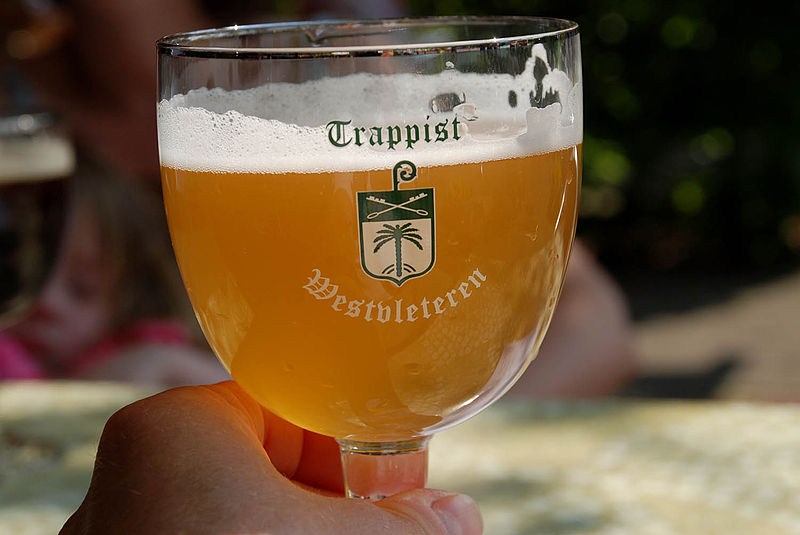Belgian beers such as Gueuze or Trappist partly owe their success to medieval hybrid "super yeasts," according to new research by an international team of scientists led by professors from Leuven and Ghent.
The mix of the two completely different types of yeast makes the hybrid yeasts much stronger than the original types, according to the Flemish Institute for Biotechnology (VIB). "Compare it to lions and tigers making a super baby," said Jan Steensels from the VIB-KU Leuven Centre for Microbiology, reports VRT NWS.
The "hybridisation" is rare, according to the researchers. "In this case, the hybrid yeasts combine important characteristics from both parent species: the fermentation capacity from traditional beer yeast and the 'stress resistance' and ability to form special aromas from old, natural yeasts," said the VIB in a statement.
Professor Steven Maere, a bioinformatics expert at the VIB-UGent Centre for Plant System Biology, provided the necessary plant expertise to the team in Leuven. In turn, together with colleagues from Munich, they identified the yeasts in the production of, for example, wine, beer and bread.
"It is fascinating that complex hybrids with doubled genomes are prominently present in both yeasts and plants," said professor Maere, reports Het Laatste Nieuws.
The study was published in the Nature, Ecology and Evolution journal.
Maïthé Chini
The Brussels Times

